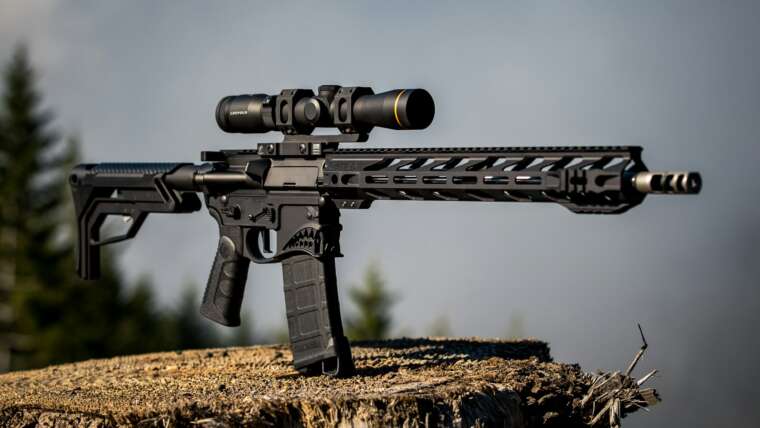
Navigating the complexities of gun seizure from individuals with mental illness is a multifaceted challenge that demands a delicate balance between public safety and individual rights. In the realm of gun control, the question of whether mental health checks should be obligatory before purchasing a firearm adds an additional layer of complexity.
This article explores the debate around limited access to guns for the mentally ill, delving into the nuanced relationships between mental health, gun ownership, and societal safety.
Table of Contents
Should Mental Health Checks Be Required Before Buying a Gun?
The question of whether mental health checks should be mandatory before purchasing a gun has become a focal point in the broader discourse on gun control. Advocates supporting mental health checks argue that such measures could serve as a crucial deterrent, preventing individuals with severe mental illnesses from acquiring firearms and potentially reducing the risk of gun violence.
Proponents often point to instances where individuals with documented mental health issues were involved in high-profile acts of violence. However, this perspective raises a host of ethical, legal, and practical considerations.
Implementing mandatory mental health checks for gun purchases involves navigating complex terrain. It is worth joining a trusted community of firearm professionals such as Arms Directory in order to stay informed on any new rules and requirements.
Concerns about privacy and the potential for discrimination against individuals with mental health conditions are prominent. The sensitive nature of mental health information and the potential for stigmatisation create challenges in developing effective and fair policies. Striking a balance between identifying potential risks and protecting the privacy and rights of individuals poses a significant challenge.
Moreover, the effectiveness of mental health checks in preventing gun violence is a subject of debate. Research indicates that the majority of individuals with mental health conditions are not prone to violence. The association between mental illness and gun violence is complex, with factors like substance abuse and socio-economic conditions playing significant roles.
Therefore, crafting policies that genuinely address the root causes of gun violence without unfairly stigmatizing those with mental health conditions requires nuanced and evidence-based approaches.
Gun Violence and Mental Illness
The association between gun violence and mental illness is a contentious and complex issue that often influences discussions on gun control. While some high-profile cases involve individuals with documented mental health conditions, it is crucial to recognize that the majority of people with mental illnesses are not prone to violence. Research indicates that factors such as substance abuse and socio-economic conditions play significant roles in the complex relationship between mental health and violence.
Focusing solely on mental health as a predictor of gun violence oversimplifies the issue and can contribute to stigmatization. It is essential to adopt a more nuanced and evidence-based approach to address the root causes of gun violence comprehensively. This includes considering factors such as access to firearms, socio-economic disparities, and systemic issues that contribute to a culture of violence.
What Are The Public Perceptions?
Public perceptions regarding gun seizure from the mentally ill contribute significantly to the ongoing debate on gun control. Opinions vary widely, reflecting the diverse attitudes within society. Some advocate for stricter measures, including mandatory mental health checks before purchasing firearms, citing concerns about public safety. Others emphasize the importance of protecting individual rights, expressing reservations about potential stigmatization of those with mental health conditions.
Public discourse plays a pivotal role in shaping policies related to gun ownership and mental health. Understanding and addressing these perceptions are crucial for policymakers seeking to implement effective and widely accepted solutions. Striking a balance between ensuring public safety and safeguarding individual liberties requires a nuanced approach that respects the complexity of the issue and considers the diverse perspectives within the broader community.
Final Thoughts
In summary, the complexities surrounding gun seizure from individuals with mental illness involve navigating the delicate balance between public safety and individual rights. The debate over mandatory mental health checks before buying a gun highlights ethical, legal, and privacy concerns. The association between gun violence and mental illness adds complexity, demanding a nuanced, evidence-based approach that avoids stigmatization. Public perceptions vary widely, contributing to the challenges faced by policymakers. Crafting effective and ethical solutions requires a comprehensive understanding of the multifaceted issues at play, acknowledging the intricacies of mental health, gun ownership, and societal safety.

